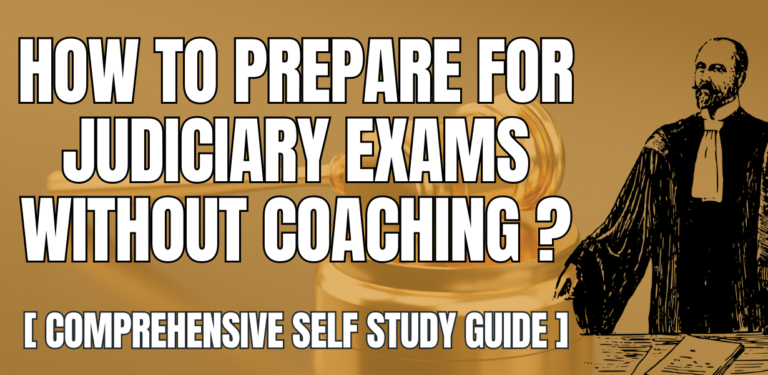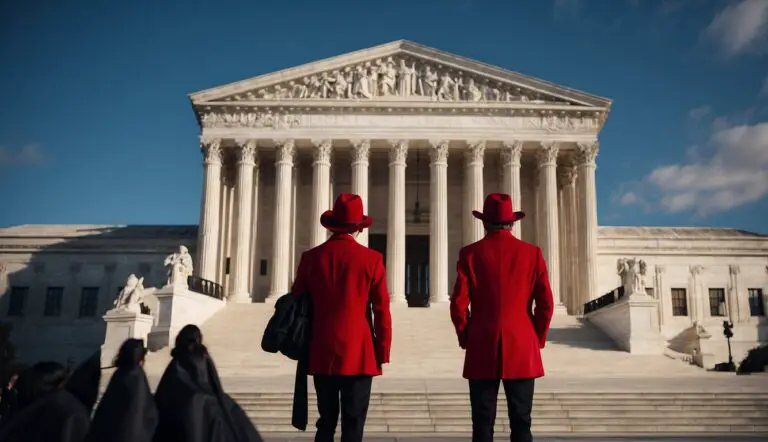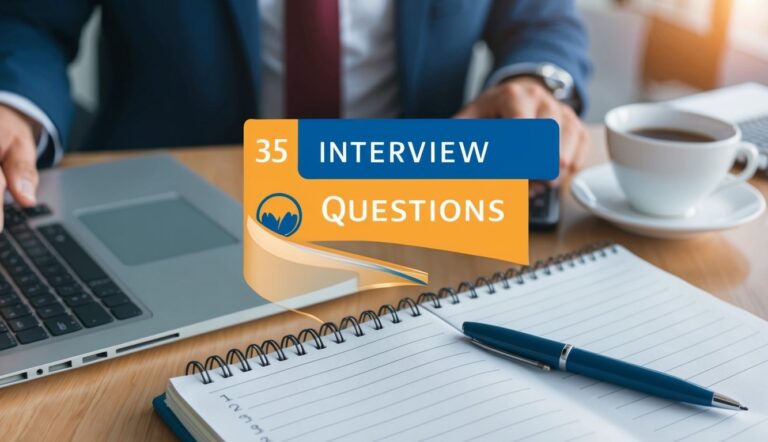10 Tough Interview Questions and Answers: Mastering Your Next Job Interview

Job interviews can be intimidating, particularly when you face tough questions. You might wonder what the best way to answer them is or worry about making a good impression.
Knowing how to answer tough interview questions can set you apart from other candidates.
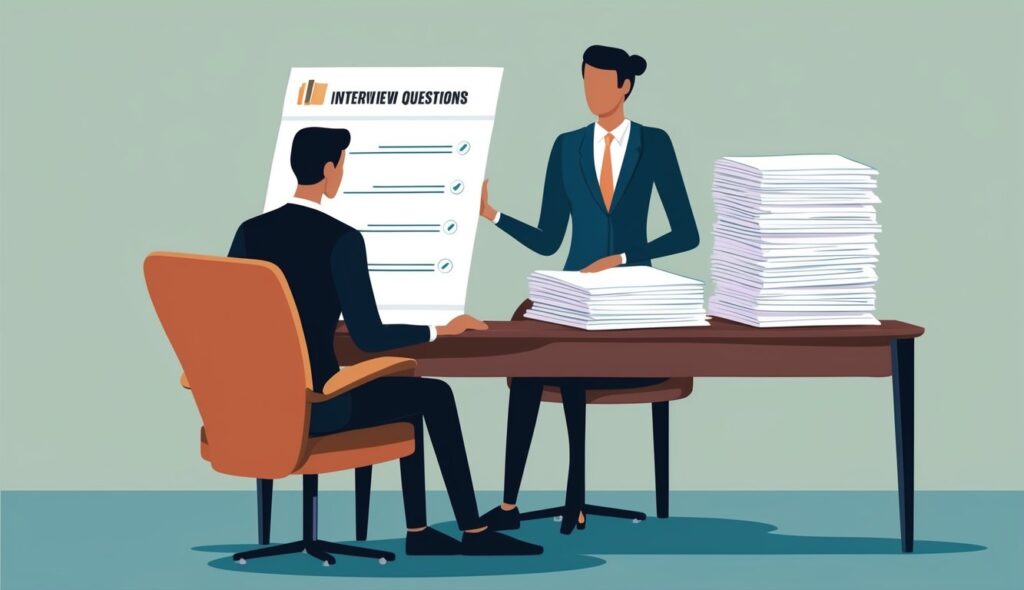
You will come across questions that test your skills, character, and ability to handle pressure. These questions often catch people off guard, but with the right interview tips and preparation, you can respond confidently.
The key is to understand what employers are really looking for in your answers.
Mastering challenging questions not only boosts your confidence but also allows you to highlight your strengths effectively.
This guide aims to help you prepare for those tricky moments, offering clear paths to articulate your thoughts and present yourself as the most suitable candidate.
Understanding the Interview Process

In a job interview, different factors play a role. You need to be prepared for what the interviewer looks for during this process.
The Interviewer’s Perspective
Interviewers, often hiring managers, evaluate if you fit the job description and company’s culture. They look at your skills, experience, and how well you might work with the team.
Job-relevant questions might gauge your technical skills and problem-solving ability. They assess how your past experiences match the role.
Company culture fit is also key. Interviewers might ask about your work style and values to see if they align with the company’s. Be ready to show how you share similar goals or ethics.
Your ability to communicate clearly and confidently is also important. Interviewers often note how you present ideas and interact during the conversation. Being aware of these focuses helps you prepare better for the interview.
Mastering Common Interview Questions

It’s important to be prepared for interview questions that test who you are and why you are the best candidate.
Two common questions you might face are about your career goals and why the company should hire you. Responding well can make a big difference in your interview success.
Explaining Your Career Goals
When interviewers ask about career goals, they want to see if your plans align with the company. This question is often phrased as, “Where do you see yourself in five years?”
Start by describing your long-term goals. Make sure these goals relate to the job you’re applying for. If you want to climb the career ladder, say something like, “I aim to develop skills in [specific skills] and advance to a [position].”
Then, mention short-term objectives. You might say, “In the next few years, I hope to learn more about [related field] here to help me reach these goals.” Highlight how the role fits into your plan. This shows your commitment to growing within the company.
Remember to stay realistic and focused. Avoid vague statements and be specific about your goals to show you’ve thought carefully about your future.
Addressing ‘Why Should We Hire You?’
This question asks you to prove you’re the best candidate. Your answer should highlight your unique skills and experiences.
Begin with what makes you stand out. Say, “I have a strong background in [relevant experience], which has prepared me for this role.” Echo the skills from the job description to emphasize your fit.
Use specific examples of success from previous jobs. For instance, “In my last job, I led a project to improve [process] by 15%, showing my ability to deliver results.”
Lastly, connect your traits to the company’s needs. State, “With my skills in [area], I can contribute to [company goal or project].” This shows you’ve researched the company and understand how you can help them succeed.
10 Tough Interview Questions and Answers

- What is your greatest weakness?
Sample Answer: “I sometimes focus too much on details, which can slow me down. I’ve been working to time-box tasks to manage this better.”
Example: You realized this during a project and now use a checklist to ensure timely completion. - Why should we hire you?
Sample Answer: “I bring a unique skill set in data analysis, which aligns with your needs and can improve efficiency.”
Example: You helped your previous company increase sales by 20% through targeted analysis. - Tell me about yourself.
Sample Answer: “I have a background in marketing with a passion for technology, eager to bring creative solutions to your team.”
Example: You introduced a social media strategy that doubled engagement rates. - Describe a challenging work situation and how you overcame it.
Sample Answer: “We faced a tight deadline on a project. I organized team sprints, which helped us deliver on time.”
Example: Your effort led to maintaining client satisfaction and securing future projects. - Where do you see yourself in 5 years?
Sample Answer: “I see myself as an expert in this field, leading projects that drive digital innovation.” Example: Your career plan includes obtaining relevant certifications. - What do you know about our company?
Sample Answer: “I admire your commitment to sustainability and innovation, as seen in your recent eco-friendly product launch.”
Example: Your knowledge demonstrates you researched the company’s initiatives. - How do you handle criticism?
Sample Answer: “Constructive feedback is an opportunity to improve, and I appreciate it for personal growth.”
Example: You applied feedback to refine your presentation skills, improving team meetings. - Why are you leaving your current job?
Sample Answer: “I’m seeking new challenges that align with my growth goals and your company’s vision.” Example: You’re motivated to join a company that encourages professional development. - What is your leadership style?
Sample Answer: “I believe in leading by example and value open communication to empower my team.” Example: Your team successfully completed a project because you fostered a collaborative environment. - How do you prioritize your work?
Sample Answer: “I use a combination of lists and digital tools to ensure deadlines are met without compromising quality.”
Example: You prioritize tasks by urgency and importance, balancing workload effectively.
Frequently Asked Questions
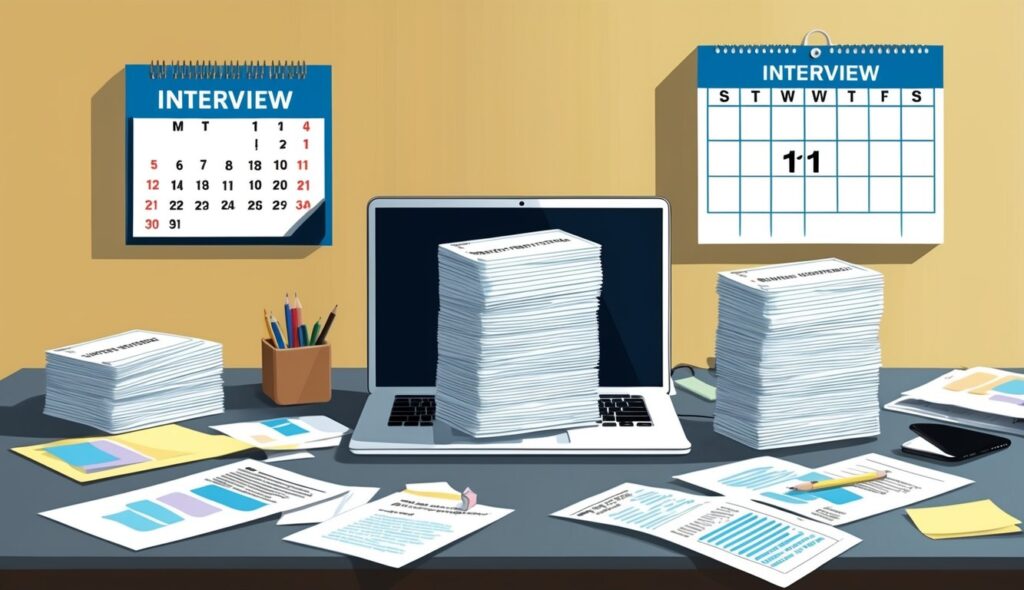
This section explores handling challenges, managing deadlines, coping with failure, adapting to change, and standing out as a candidate. These topics are key when preparing for tough interview questions.
Can you tell me about a time when you faced a significant challenge at work and how you dealt with it?
Think of a specific event where you encountered a problem. Describe the steps you took to resolve it. Highlight your problem-solving skills and the positive result of your actions.
What strategies do you use to manage tight deadlines and pressure-filled situations?
Share your methods for staying organized and focused. Talk about planning, prioritizing tasks, and staying calm under pressure. Mention tools or techniques you use to meet deadlines effectively.
How do you handle failure, and can you provide an example of a past professional failure of yours?
Admit a mistake you made, explain what you learned, and how you used that experience to improve. Focus on growth and steps taken to prevent similar issues in the future.
How do you adapt to changes and unexpected developments in the workplace, particularly those that might conflict with your project goals or timelines?
Discuss your flexibility and ability to adjust plans. Provide an example of a time you successfully adapted and the outcomes. Highlight communication and collaboration in managing change.
Why should we choose you over other candidates with similar qualifications and experience?
Emphasize your unique skills and contributions. Convey confidence in your abilities with concrete examples. Demonstrate how your strengths align with the company’s needs and goals.
All the Best !



